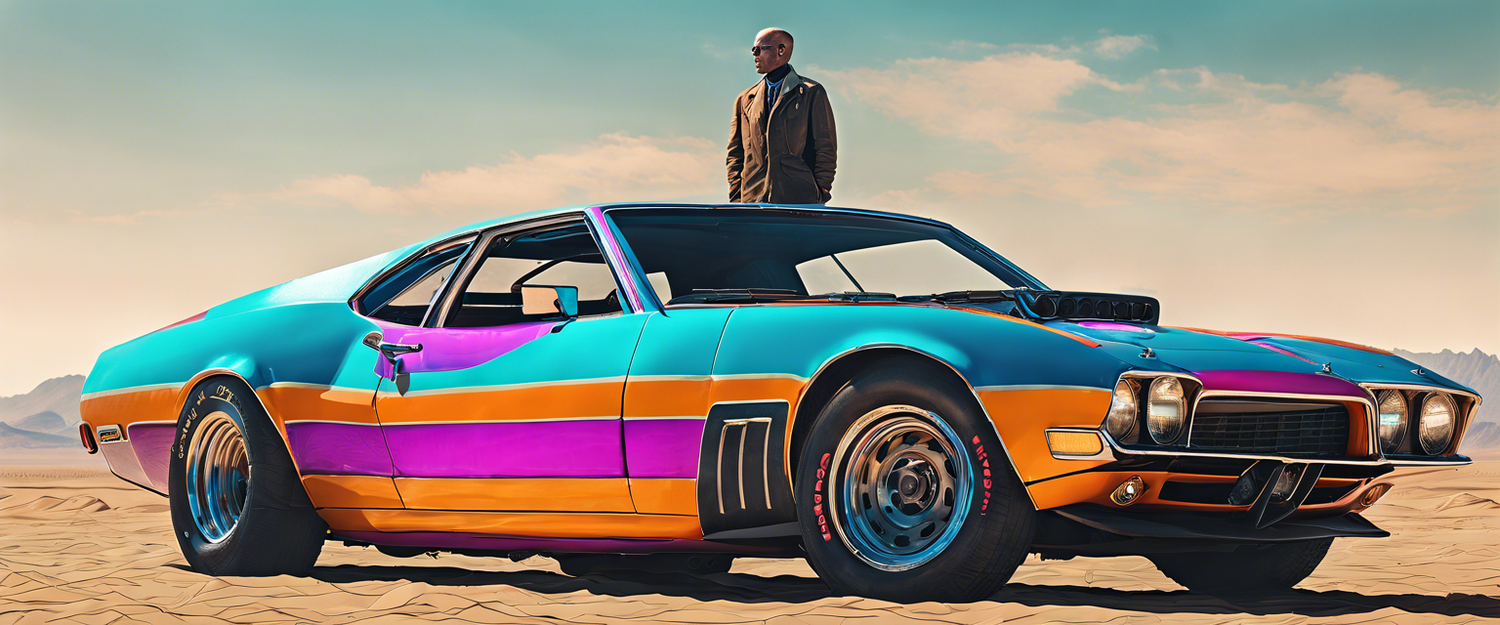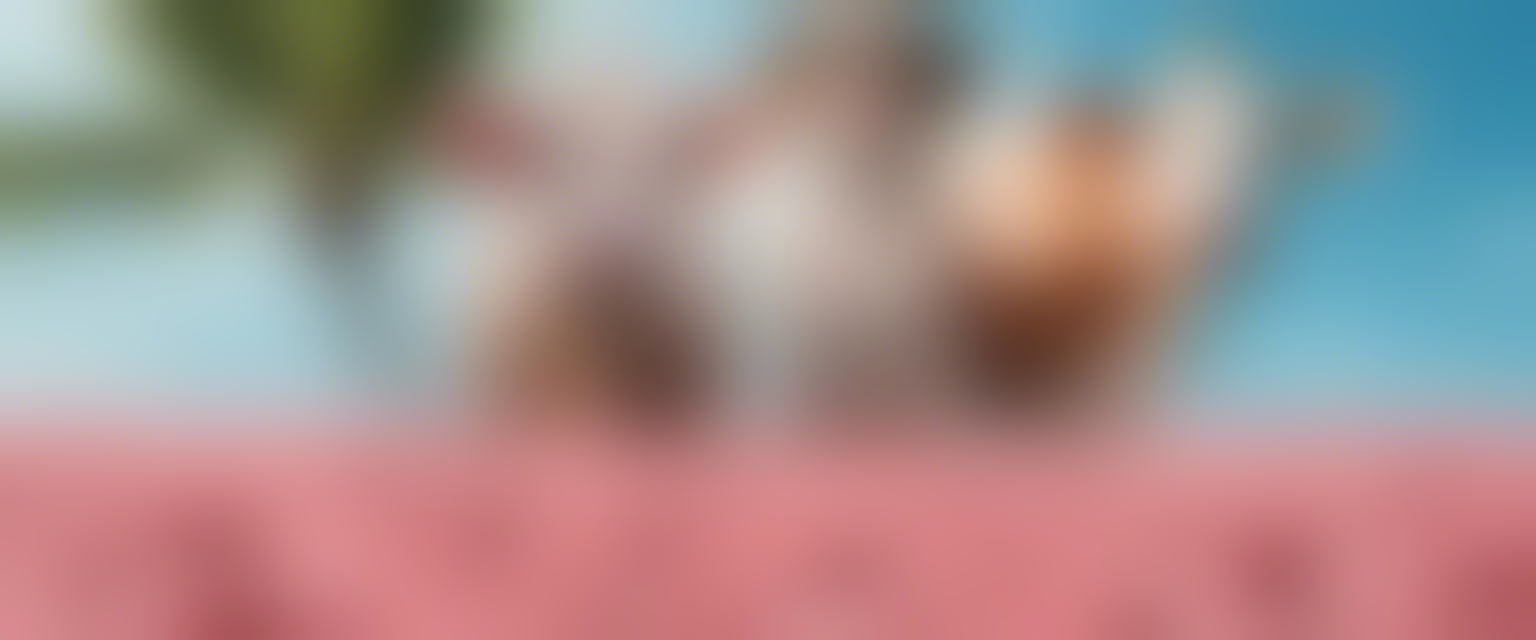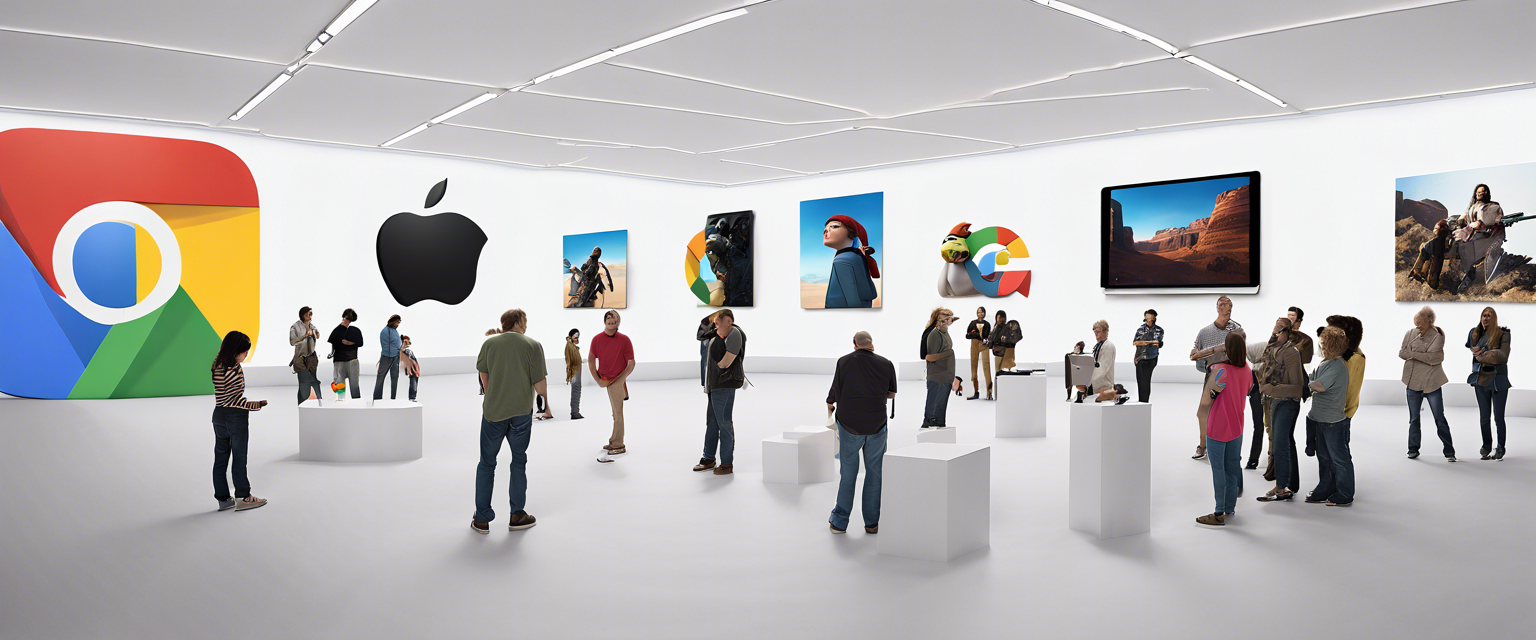The Lawsuit Against AI Companies: An Overview
A recent ruling from the courts has allowed a lawsuit filed by various artists against Stability AI, Midjourney, and other generative AI companies to move forward on some claims. This ruling marks a significant moment in the ongoing debate about copyright law as it relates to artificial intelligence technologies.
Background of the Lawsuit
The artists argue that popular generative AI services have violated copyright laws by using datasets that include their original works without their permission. Many users of these services have been able to directly reproduce copies of the artists' work, which has sparked various legal challenges.
Judge's Initial Ruling
Last year, Judge William Orrick ruled in favor of the artists regarding a direct copyright infringement complaint against Stability AI, which operates the widely used Stable Diffusion AI image generator. However, he dismissed several other claims, urging the artists' legal team to provide more detailed arguments.
Recent Court Developments
In a more recent ruling, the judge accepted additional claims from the artists after reviewing revised arguments. Key aspects of this ruling include:
- Induced Copyright Infringement: The judge approved a new claim of induced copyright infringement against Stability AI.
- Liability for DeviantArt and Runway AI: The court allowed copyright claims against DeviantArt, which employed a model based on Stable Diffusion, along with claims against Runway AI.
- Midjourney Misled Users: The judge found allegations against Midjourney substantial enough to proceed, particularly concerning a "Midjourney Style List" that misrepresented artists’ styles without their consent.
The Implications of the Ruling
Kelly McKernan, an artist involved in the lawsuit, expressed excitement over the ruling, viewing it as a significant victory. According to McKernan, the ruling allows them to request information from companies during the discovery phase. This could lead to a better understanding of the AI technologies that might be infringing on their copyrights.
The Future is Uncertain
While this ruling represents a step forward for the artists, the case's eventual outcome remains unpredictable. Numerous lawsuits alleging similar violations against AI companies are currently in various stages of litigation, testing the boundaries of copyright in the digital age. There has been a mix of outcomes; while some cases have been dismissed, others continue in the court system. The legal landscape surrounding AI and copyright is complex, and the stakes are high for both artists and AI developers.
The Broader Context
Big tech companies like OpenAI and Google have sought multimillion-dollar agreements with content publishers and photography providers to secure data access legally. In contrast, smaller companies, such as Stability AI and Midjourney, face challenges in accessing data without financial backing, and individual artists often lack the negotiating power to demand compensation. Thus, this legal dispute opens up broader questions about the rights of artists in the face of rapidly evolving technologies.
Conclusion
The ongoing lawsuit against AI companies underscores critical issues surrounding copyright, ethics, and fair use in the age of artificial intelligence. As the legal process unfolds, it may set important precedents that influence how AI technologies operate and how artists protect their creative works.



コメントを書く
全てのコメントは、掲載前にモデレートされます
このサイトはhCaptchaによって保護されており、hCaptchaプライバシーポリシーおよび利用規約が適用されます。